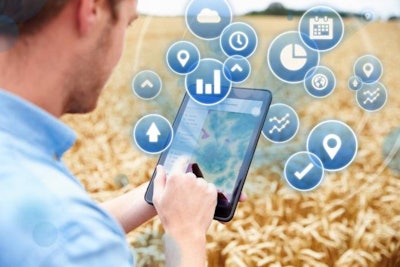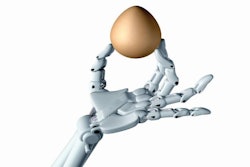
Last week, during VIV Europe trade show in Utrecht, Netherlands, there were many novelties in the field of poultry production. This is one of reasons why it is worth attending these European events.
There were several things, but perhaps one of the ones that caught my attention was biostatistics and big data in poultry production. There were, especially in the area of novelties, several companies dedicated to monitoring farms and software to manage the data originating from them. With what purpose? Collect information, organize it and find repetitive patterns that help us decide. And all with the use of the ubiquitous cell phone.
In my previous blog, I talked about robotics and nanotechnology in poultry production. This is serious: poultry production is changing, although we might not see it. It's going to seem a bit coarse what I'm going to say, because surely many Latin American poultry companies are already working with the new technologies, but maybe it's time to get out of weight gain and feed conversion as the only variables in the decision-making process.
Data management needs to give us value — we have to collect the correct numbers and understand them very well in connection with the processes they represent, so they can help us predicting. They should cover the range and variability of what interests us. And this should not be weekly; it should be constant.
Data and predictions is nothing new in poultry. About 25 years ago I worked with the IGM growth model in Novus and then we could see the wealth of data that can be obtained for poultry companies in the poultry houses.
One thing that also became clear to me is that, in addition to having veterinarians, nutritionists, animal scientists, chemists and other professionals, we are going to need to incorporate data experts (beyond the classic IT department), to interact with all the former ones, which are those who understand the processes. What do you think?

















